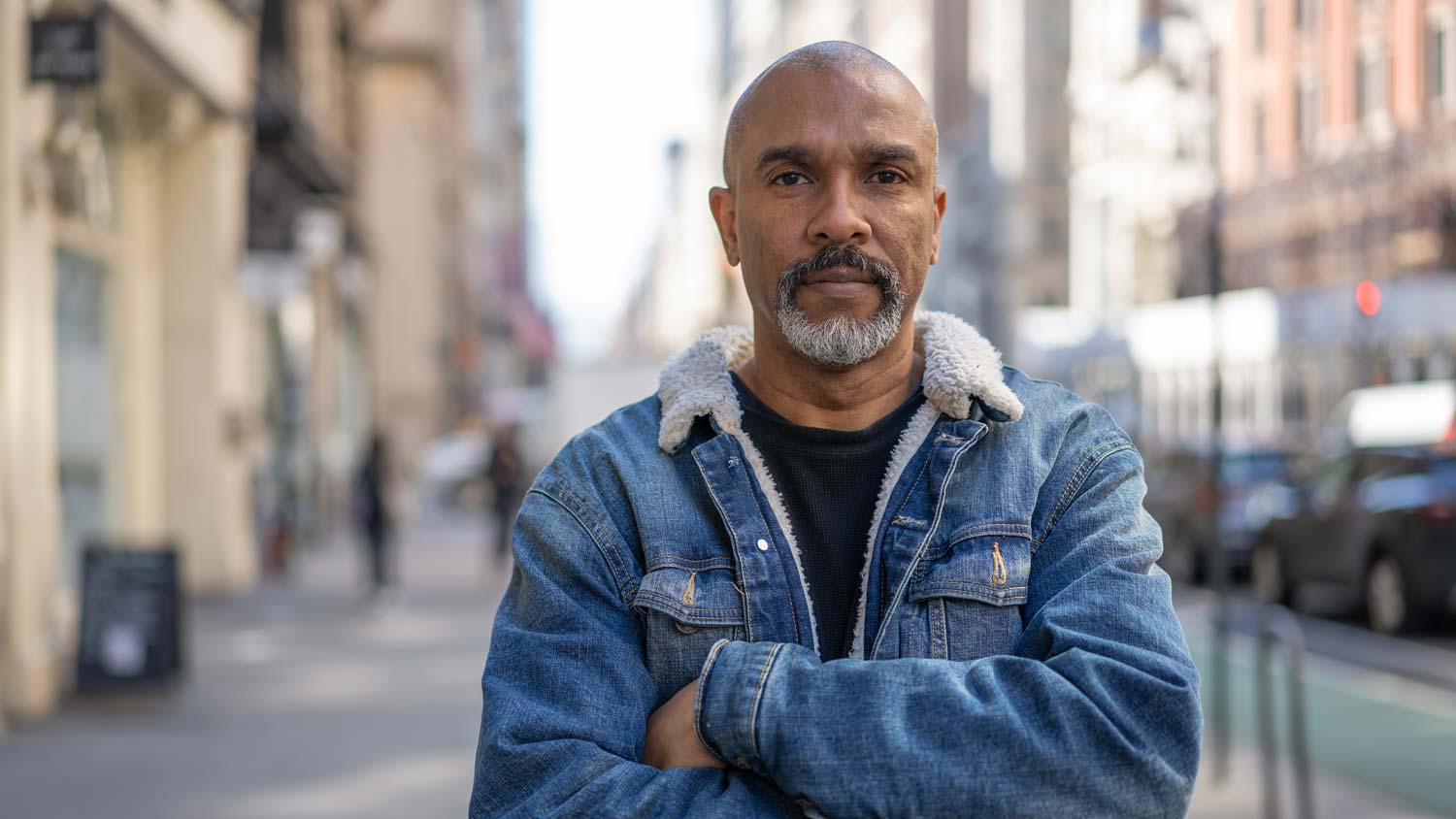Conflict is never pleasant, but tension between family members can feel particularly taxing. Being locked in the house together during Covid, spending more time around one another during the holidays, and sorting out familial or personal issues in a group setting are all fuel to the smoldering flames.
When you start to feel your emotions getting stronger or the situation becoming more volatile, go to your mental balcony. Look out over the situation and try to consider three things: your perspective, their perspective, and the third party perspective. You may just find a peaceful resolution to an old family feud.
Your perspective
Self-awareness can reveal your own motives, intentions, and possible missteps. Ask yourself the following questions to build a better understanding of your perspective:
- What emotion am I experiencing?
- What emotion am I expressing?
- What am I protecting myself from?
- What needs am I trying to satisfy?
- Am I looking for security, connection, or both?
Finding clarity about your own emotions and digging into their root causes can provide an avenue for better understanding the conflict at hand.
Their perspective
Exercising empathy can resolve a lot of conflict. Put yourself in the shoes of the other and ask the following questions about their perspective:
- What position are they taking?
- What experiences led them to this position?
- What’s happening in their life currently?
- What needs are they trying to satisfy?
- How are they interpreting my actions or behavior?
When you consider the other person’s perspective, you can reframe the conflict from “me versus them” to “us versus the problem.” This will lead to a quicker resolution and a healthier relationship moving forward.
The third party perspective
Sometimes an outside view can provide a fresh perspective about a problem you’ve long tried to resolve. Imagine you’re watching a movie that includes this conflict and ask the following questions:
- What is the conflict really about?
- How do you interpret your character’s behavior?
- How do you interpret the other character’s behavior?
- What advice would you give the two?
- What could you tell them about their real intentions?
It can be difficult to get an objective perspective about a very personal situation. Just remember that change doesn’t start with others; it starts with you. By working through conflict, you can build better communication skills, facilitate a more authentic relationship, and make room for self-growth.







